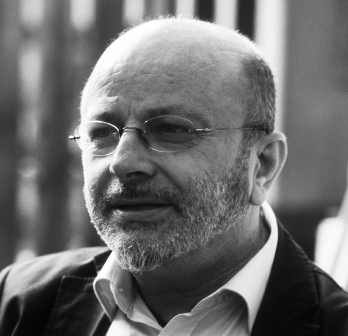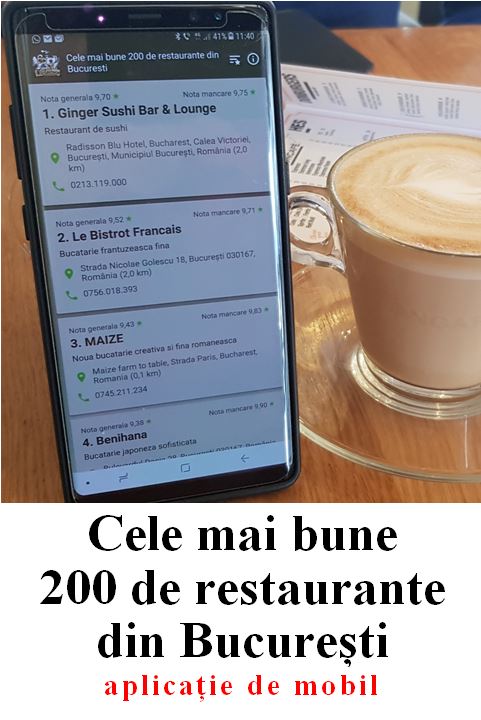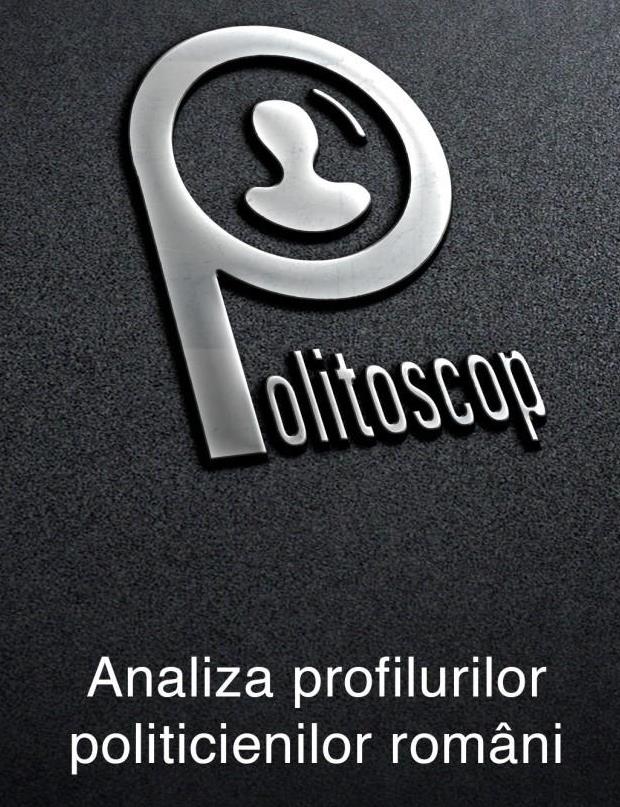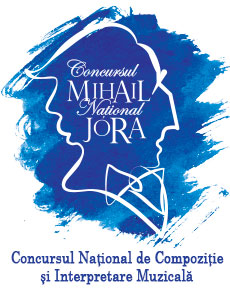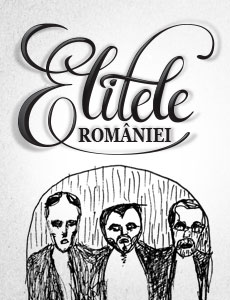21st Conference of the Utopian Studies Society / Europe
The Pasts and Futures of Utopia
National Library of Romania, Bucharest
1-4th July 2020
Organisers: USS/E, National Institute for Cultural and Training, Bucharest City Museum,
University of Bucharest, Cantemir Project Association, Societatea Muzicală
For over two centuries, scholars have been debating the end of history (from Kant and Hegel to Kojève and Fukuyama) and, more recently, the end of utopia (at least since Marcuse). Some have also declared the inevitability of dystopia, and the lack of distinction between utopia and dystopia. Around fifty years ago, when most traditional ideologies (and their associated teleologies) were challenged, future itself was called into question, sparkling heated debates about alternative futures, possible futures, futuribles, or counterfactual pasts and presents, including some in which (ir)responsible humans were supposed to play a demiurgic role.
One may wonder: are the categories of history, utopia, dystopia, ideology, future, and the end still valid and/or useful? Has utopia been reduced to one form (and tense)—future in the past? Do we live, as some claim, in post-history or in a post-utopia? Could we think of history, with Koselleck, as future past? How about futures that were envisioned, even tried out (with various results)? Are they buried for good, or do they have a future? Do we have “real,” full, meaningful lives or mere (mainly digital) afterlives? In Dracula’s country, this is not a trivial question. Above all, we should be interested to inquire whether we still have a future at all, and, if so, is it apocalyptic, or post-human?
To address these, and other, haunting questions, the organisers of the Bucharest USS/E Conference will welcome scholars of all disciplines, as well as artists, activists, members of associations and intentional communities, visionaries and dreamers.
In the spirit of inclusivity and interdisciplinarity, guided by the belief that genuinely utopian debates benefit from a variety of perspectives, we will be hosting roundtables on communism and nationalism; a Q&A session with utopian activists; a panel on recently published books in the discipline; and a postgraduate segment where the youngest scholars may find professional advice, inspiration, and establish contacts in the field.
Our two renowned keynote speakers will be Vita Fortunati and Lyman Tower Sargent.
Apart from the rich academic programme, we also look forward to a busy social agenda: two wine receptions (included in the conference fee), a dinner in historic Manuc Inn (at no cost, or for a very small extra cost, depending on the total number of participants); a concert of Harry Tavitian, one of Romania’s most gifted and versatile musicians; and, on 5th July, for those interested, a day trip to the mountain castles of Bran (of Dracula fame) and Sinaia (a cradle of Romania’s royal family), with a possible detour to where one of the world’s first phalansteries was located (1835-1836).
| Please note that the conference will commence early on 1st July and that 5th July is the day of the trip to mountain trip, and plan accordingly. |
We welcome abstracts related to:
- understanding of utopia throughout history
- correlation between forms of utopia and their historical contexts
- herstory and history in the utopian and dystopian contexts
- predicted futures as utopias and dystopias
- histories and anticipated futures of intentional communities
- postcolonialism
- history and future of nationalism
- communism across history
- distortions and falsifications of history (actual and imaginary)
- future forms of humanity
Papers on any other aspect of utopias and utopianism are also welcome, including those focused on the work of the recently-deceased Alasdair Gray.
- For individual 20-min. papers, please send an abstract of max. 300 words in a Word document, along with:
- your name and institutional affiliation
- email address
- title of paper (preferably one that indicates the subject of your presentation) and 3 keywords
- a statement as to whether or not you are willing to chair a session other than your own
- a statement whether you will require a formal letter confirming your participation in the conference
- For Panel / Workshop Sessions the Coordinator should send a Word document including:
- title and abstract (max. 400 words) for the session
- the names, affiliations and email addresses of all the participants
The language of the conference will be English, but papers in other languages may be accepted if grouped together into a separate session.
Please send submissions to uss2020bucharest@gmail.com headed: USS 2020 abstract: Your Name
The deadline for abstracts is 10th March 2020 (confirmation of acceptance by 20th March 2020).
The conference fee is 175 EUR (until 25th May 2020), and 200 EUR (after 25th May 2020).
Please address all queries to uss2020bucharest@gmail.com
Further conference details at https://USS2020Bucharest.wordpress.com (from 26th Jan. 2020) & https://utopian-studies-europe.org/
